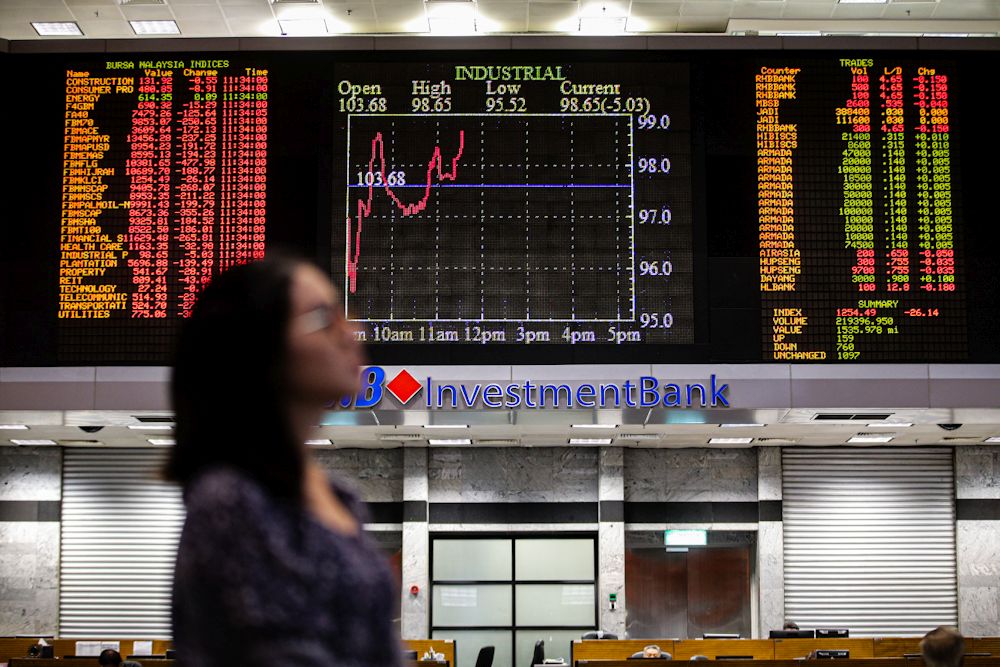Retail investors have been more active on the local stock market of late, buying close to RM6.4 billion in shares at the end of June. This rise has driven the need for investment advice. Unfortunately, this has given rise to an increasing number of self-proclaimed investment advisers and online platform scams that occur online.
Technology has made it easier for investors to access many online platforms and there is an abundant supply of information and investment advice available. Online trading is regulated in Malaysia, any platform needs to be licensed and registered with the Securities Commission Malaysia (SC).
Platforms like eToro that deal with multi-asset investments and cryptocurrency exchange platform Binance, are not permitted to operate in Malaysia.
According to the SC, the act of providing investment advice without a license is an offence under securities laws. Upon conviction, it carries the punishment of a fine not exceeding RM10 million or imprisonment not exceeding 10 years or both.
It also advises investors not to hand over cash or transfer any monies into the personal bank accounts of any individuals for investment purposes. This is because they will not be protected under Malaysian security laws and there is no access to legal recourse in the event of a dispute.
Rise in online scams
Kenanga Investment Bank Bhd head of research Koh Huat Soon observed there is an alarming number of unlicensed investment advisers around and they number in the hundreds.
Online equities broker Rakuten Trade reported that individuals and companies have misused its name and falsely represented the company in various online investment scams.
The SC said it has been actively monitoring how scammers and illegal investment activities are perpetrated anonymously online, but this has proved to be a challenging task. It advises Malaysian investors to be vigilant and refer to its Investor Alert List of unauthorised investment service provides to identify any unauthorised/unlicensed platforms before making any investment decision.

Unfortunately, this uptick in unlicensed investment advisers normally happens when sectors are bullish, observed Minority Shareholders Watch Group (MSWG) chief executive officer Devanesan Evanson.
He believes although the SC’s Investor Alert List is useful it is not enough on its own. There is a need for the regulators to aggressively trawl the internet to detect unlicensed investment websites and take action against them.
The problem is there are countless unsuspecting individuals who may easily fall victim to such scams and there are probably many who are not even aware of the the SC’s list.
It is worth remembering that no one does things for free. So ask yourself why a self-proclaimed investment guru would bother setting up their presence on multiple social platforms to disseminate their investment views without getting paid for their efforts.
Though the SC says it will take firm action against any unlicensed or unauthorised entities or individuals if evidence suggests they breached security laws, there is still no assurance that investors will be able to recoup their monies from the fraudsters.








